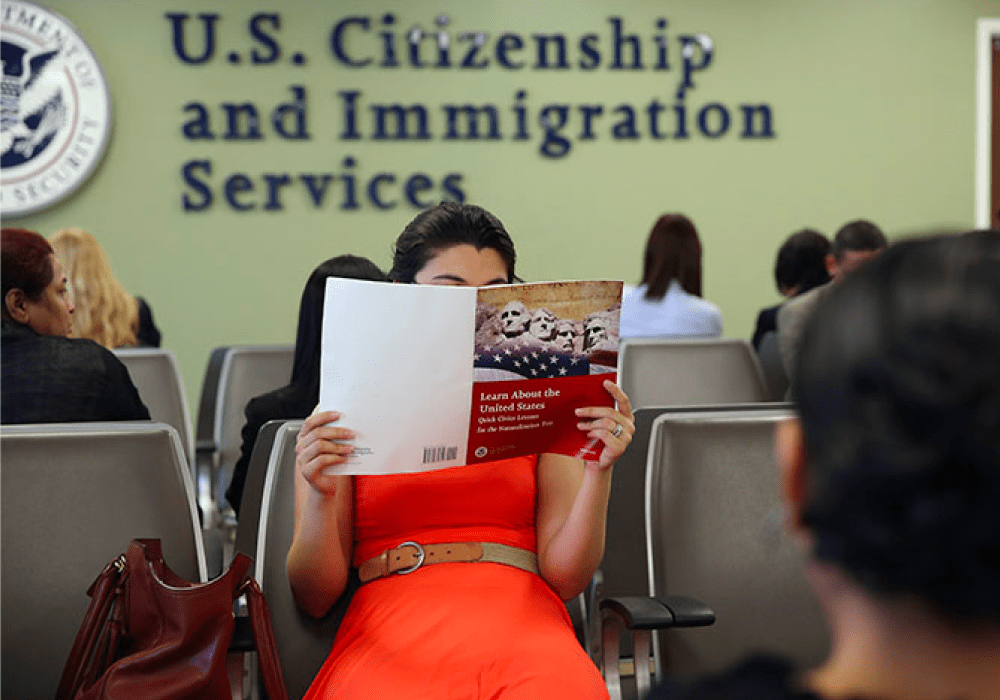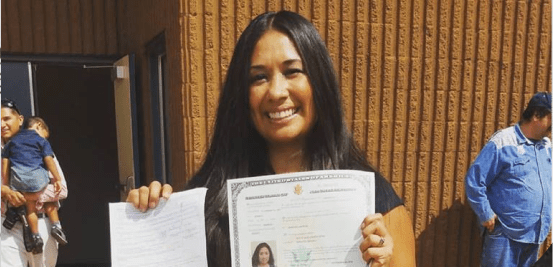Civil Society Organizations that defend the rights of migrants believe that the future of Deferred Action for Childhood Arrivals (DACA) is in Congress, and they see the need for the creation of a law that provides a path to citizenship for immigrants. dreamers.
One of the main proposals of the Joe Biden administration since he took office as president of the United States was the implementation of an immigration reform that will provide a path to citizenship for more than 11 million undocumented people.
Since July, the suspension of DACA by a federal judge in the state of Texas left Dreamers who were not yet DACA recipients without protection from possible deportation.

Raúl Grijalva, congressman from Arizona, explained: “We all understood the urgency that it was, and the court's ruling made it an issue yet. This is not an issue to fear. The American people support doing something for DACA students. "
Congressmen have sent a bill to the Senate for the creation of a comprehensive reform that not only provides protection to Dreamers, but also opens the way for them to become permanent residents and citizens.
Currently DACA has more than 600 thousand beneficiaries, and although it is a significant number, an immigration reform would provide greater benefits than DACA to migrants and to a population 18 times larger.
According to a study by the Pew Research Center, 74% of Americans are in favor of providing legal status to immigrants who came to the country illegally as children. And 75% agree that undocumented immigrants have a way to stay in the United States legally if they meet certain requirements.
“It is critical that Congress seize this opportunity to pass immigration reform, transform our long-standing and inhumane immigration system, and provide immigrants with deep-seated ties to the country a pathway to citizenship, through conciliation or through conciliation. other means, ”explained Hina Naveed, a migrant rights activist.
HUMAN RIGHT WATCH
https://www.hrw.org/es/news/2021/09/30/el-congreso-de-ee-uu-debe-crear-una-para-la-ciudadania
FRONTERA DESK
https://fronterasdesk.org/content/1716590/future-daca-may-depend-congress
PEW RESEARCH



















